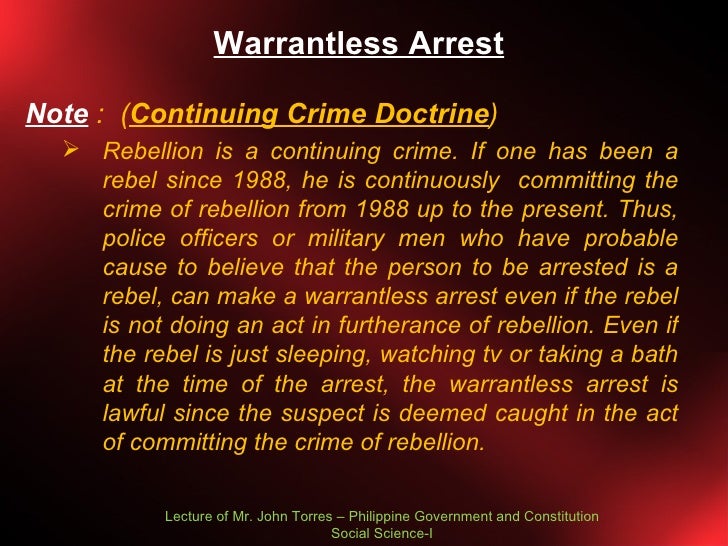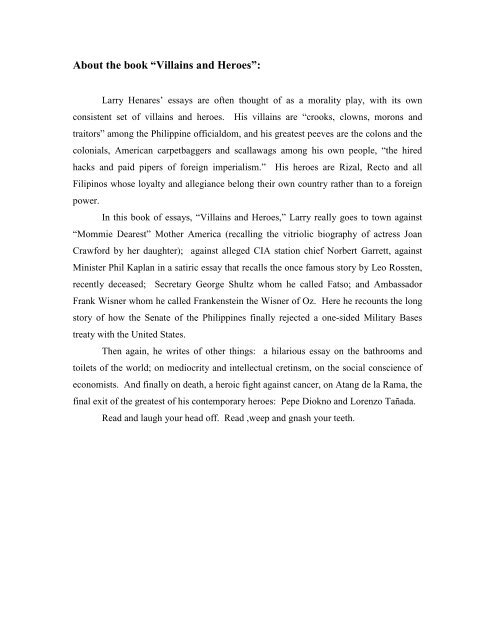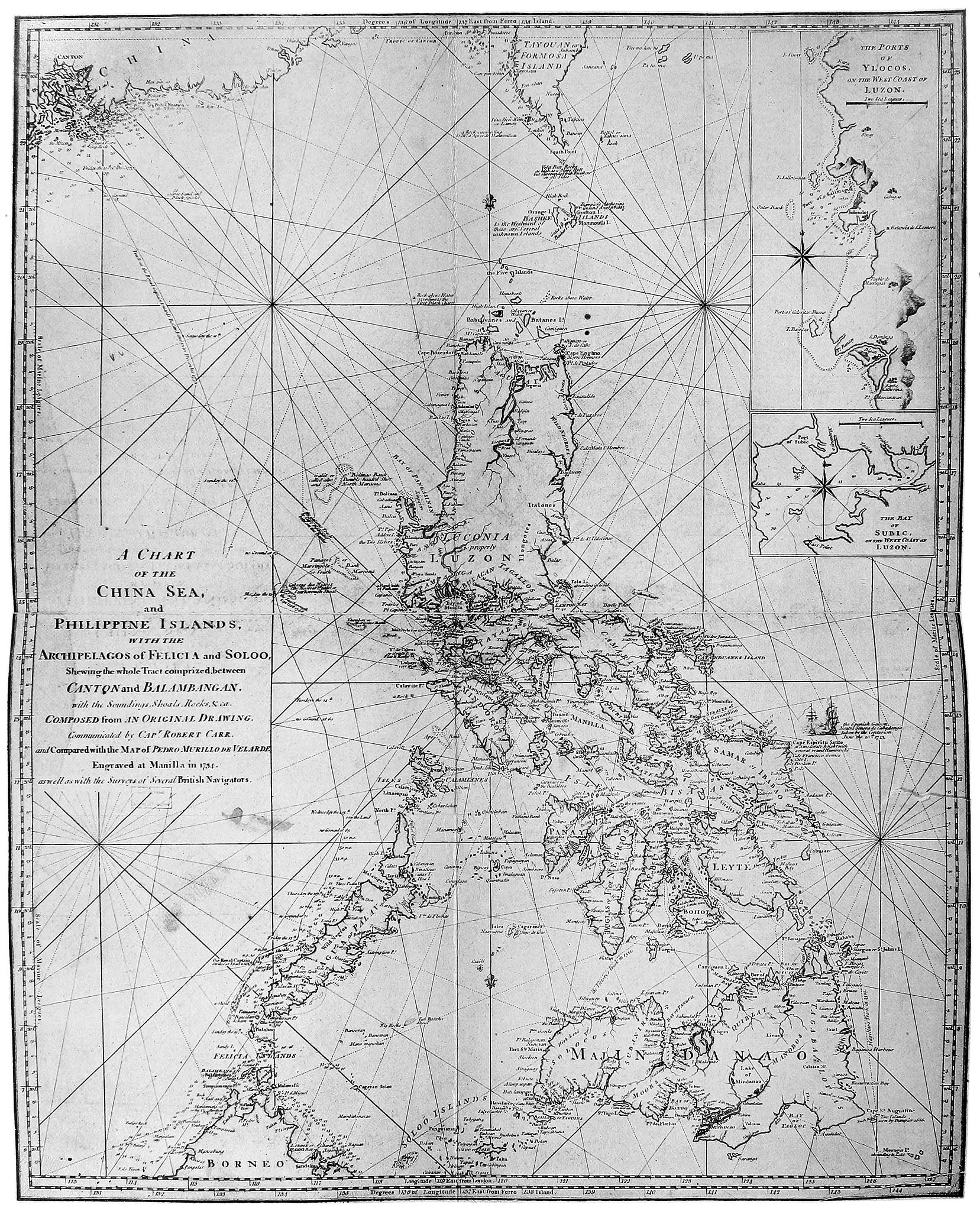Under the fruit of the poisonous tree doctrine evidence obtained from illegal arrest search or seizure is not admissible in the court of law. As the metaphor suggests if the evidential tree is tainted so is its fruit the doctrine was established in 1920 by the decision in silverthorne lumber co.
 Principles And Doctrines In Remedial Law Philippine Setting
Principles And Doctrines In Remedial Law Philippine Setting
The fruit of the poisonous tree is a doctrine that is very similar to the exclusionary rule.

Fruit of the poisonous tree doctrine philippines. The fruits of the poisonous tree doctrine or rule is designed to prevent illegal searches. A doctrine that extends the exclusionary rule to make evidence inadmissible in court if it was derived from evidence that was illegally obtained. Evidence will be excluded if it was gained through evidence uncovered in an illegal arrest unreasonable search or coercive interrogation or violation of a particular exclusionary law.
The doctrine applies only. The doctrine is based on the rule that evidence obtained through illegal search or illegal interrogation taints not only evidence obtained but also facts discovered by the process. Fruit of the poisonous tree objection is a legal metaphor in the united states used to describe evidence that is obtained illegally.
It is an offshoot of the exclusionary rule which applies to primary evidence. Lawyers discuss fruit of the poisonous tree as senate holds caucus march 6. The principle that prohibits the use of secondary evidence in trial that was culled directly from primary evidence derived from an illegal search and seizure.
Section 3 rules of court. Otherwise known as the exclusionary rule or the fruit of the poisonous tree doctrine this constitutional provision originated from stonehill v. It was created in 1920 as a result of a united states supreme court decision silverthorne lumber co.
The doctrine of the fruit of the poisonous tree 1. The fruit of the poisonous tree doctrine. United states and the phrase fruit of the poisonous tree was coined by justice.
136 this rule prohibits the issuance of general warrants that encourage law enforcers to go on fishing expeditions. The logic of the terminology is that if the source the tree of the evidence or evidence itself is tainted then anything gained the fruit from it is tainted as well. The fruit of the poisonous tree doctrine is an offspring of the exclusionary rulethe exclusionary rule mandates that evidence obtained from an illegal arrest unreasonable search or coercive.
Admissibility of evidence evidence is admissible when it is relevant to the issue and is not. Fruit of poisonous tree doctrine states that evidence obtained illegally is not admissible in a court of law. Courts use the terms inevitable discovery and attenuated taint to describe situations in which the government finds evidence illegally but could have found it lawfully.
Here is a concise summary of the law and its application as far as the admissibility of evidence is concerned. There are exceptions to the fruit of the poisonous tree doctrine meaning that some evidence may be admissible even though police came by it illegally. Fruit of the poisonous tree.
 Https Www Britannica Com Science Frond 2020 01 10 Monthly
Https Www Britannica Com Science Frond 2020 01 10 Monthly
 The Philippine Rule On Dna Evidence Id 5c56756f64e4e
The Philippine Rule On Dna Evidence Id 5c56756f64e4e
 Lost Crops Of The Incas New Zealand Geographic
Lost Crops Of The Incas New Zealand Geographic
 Mobile Phone Data And The Right Against Warrantless Searches
Mobile Phone Data And The Right Against Warrantless Searches
 About The Book Villains And Heroes Philippine Folio By
About The Book Villains And Heroes Philippine Folio By
 The Bill Of Rights Part Ii Legal Political Rights Ppt
The Bill Of Rights Part Ii Legal Political Rights Ppt
 The Fruit Of The Poisonous Tree Doctrine
The Fruit Of The Poisonous Tree Doctrine
 Us Secret Evidence Erodes Fair Trial Rights Human Rights
Us Secret Evidence Erodes Fair Trial Rights Human Rights
 The Philippine Islands 1493 1898 Explorations By Early
The Philippine Islands 1493 1898 Explorations By Early
Mofa Welcomes Philippine Review Taipei Times
 Fruit Of The Poisonous Tree Revolvy
Fruit Of The Poisonous Tree Revolvy
 Law Enforcement Process The First Contact In The Criminal
Law Enforcement Process The First Contact In The Criminal
 Non Classe Dressing The New World
Non Classe Dressing The New World


